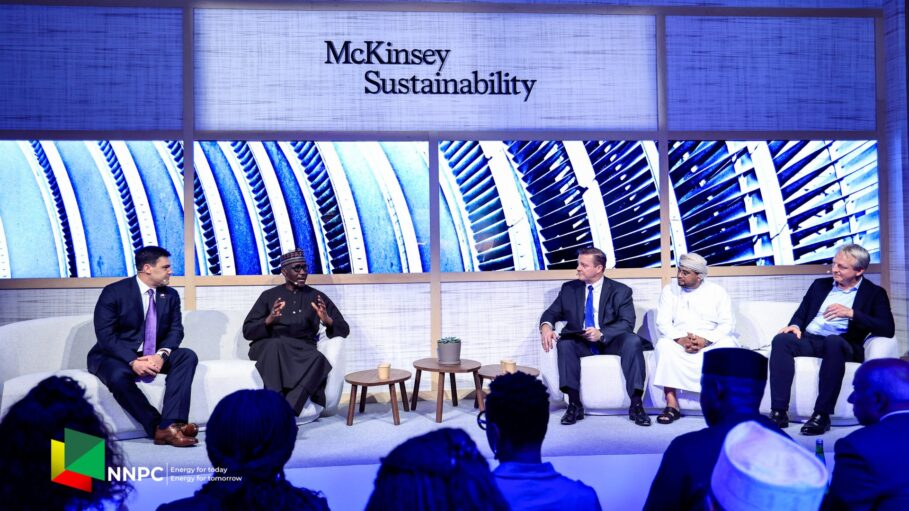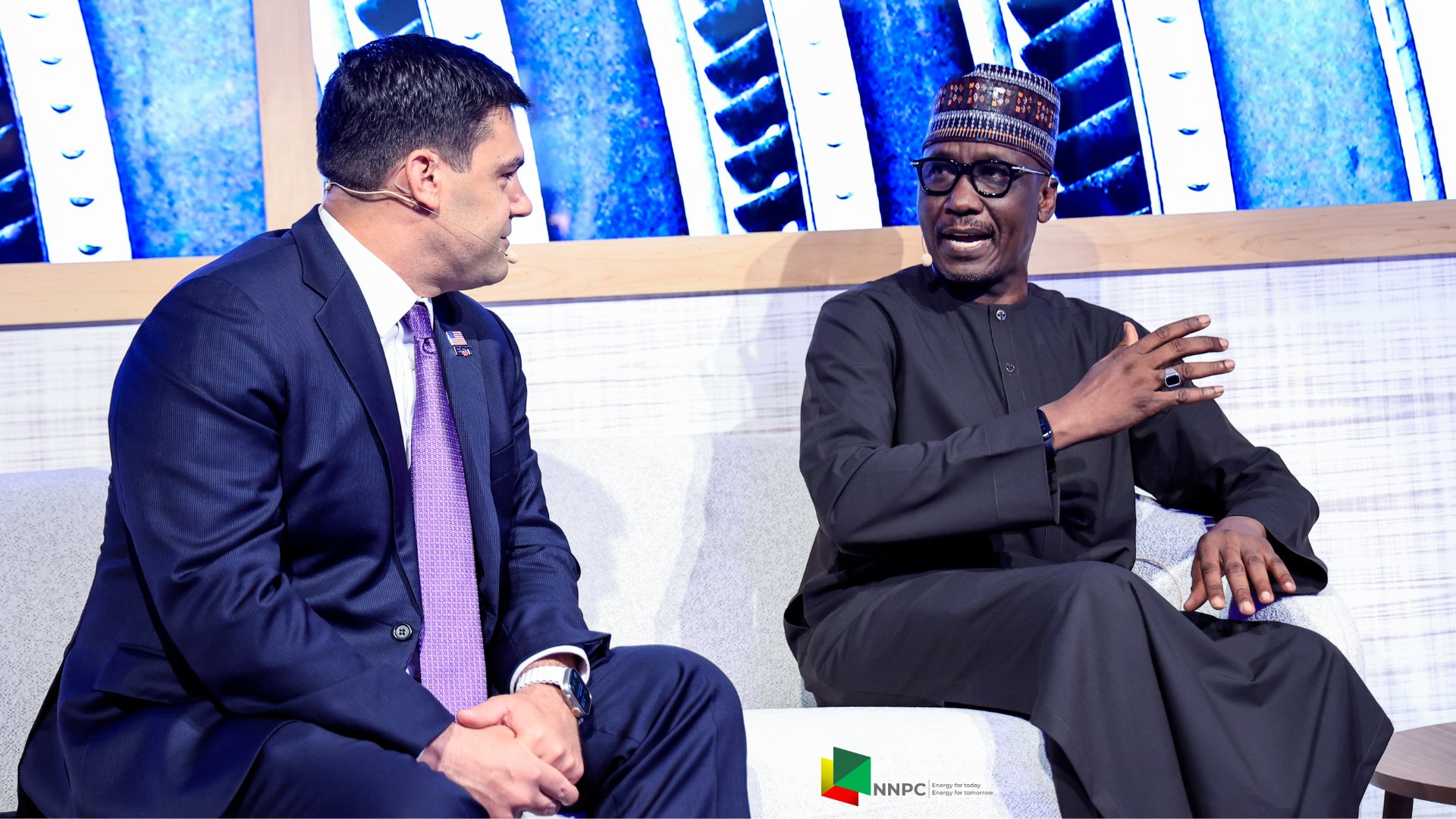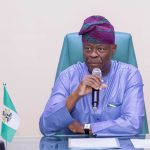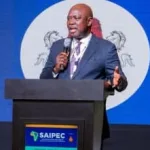As transition to cleaner form of energy dominates global agenda due to the relentless threats of climate change, the Group Chief Executive Officer (GCEO), Nigeria National Petroleum Company Limited (NNPC), Mr. Mele Kyari has highlighted Nigeria’s efforts in utilising its abundant natural gas resources to drive energy transition.
Gas offers a cleaner form of energy than fossil fuels. According to Kyari, Nigeria has abundant gas reserves of 206 trillion cubic feet (tcf) and have the potential to rise to 600tcf, hence the viability of utilizing it in the energy transition journey of the country.
Join our WhatsApp ChannelThe NNPCL GCEO spoke on Regional CEO Panel organised by McKinsey and Company on the sidelines of the ongoing United Nations Framework Convention on Climate Change (UNFCC), also known as the Conference of Parties (COP28) holding in Dubai, the United Arab Emirates (UAE), on Monday.
The panel drew global energy leaders from the United States, Holland, and Oman, who gathered to highlight energy perspectives and insights on the evolving energy market.

In a statement signed by Olufemi Soneye, Chief Corporate Communications Officer NNPCL, the GCEO stated that the national oil company is creating a regional gas pipeline network to supply natural gas across the African continent and boost its Liquefied Natural Gas (LNG) supply to the foreign market.
Kyari explained that NNPCL is currently eliminating gas flares in almost all its gas projects with the intention of deploying such gas towards developing power plants nationwide, which will boost electricity supply nationwide, create employment opportunities, and trigger the nation’s industrial and economic development.
READ ALSO: COP28: Nigeria First African Country To Launch Energy Transition Plan – Minister
Speaking on commitment to the energy transition agenda by countries, the NNPCL GCEO argued that African continent needs what he called “a just, differentiated transition” to enable it to harness its resources for today for the benefit of its future generations.
He stressed that in tasking countries to develop policies and action plans towards tackling global warming caused by hydrocarbon emissions, the world must understand Africa’s peculiarities with regards to adjusting energy businesses for sustainability.
He pointed out that many Africa countries still have a large population with no access to electricity, hence the need to recognise that they have to close the energy gap in the short term.
Soneye quoted Kyari as saying: “I have always advocated a differentiated and just energy transition. In Africa, we have different circumstances compared to other places in the world.
“In Africa today, 75% of our population doesn’t have access to electricity, leaving us with biomass as a key energy source. The world needs to recognize that the most practicable thing today is to substitute what we have in the short term to close the energy gap for our rising population.”
He further stated that as Nigeria is expected to rank third in terms of population worldwide and rank among the world’s top 10 economies by 2035, it is imperative that the issue of energy poverty be addressed as nations work together to achieve net zero by 2050.
Highlighting further other efforts by the national oil company towards global sustainability agenda, particularly the net-zero future by 2025, Kyari mentioned that the NNPCL recently signed up as a participant in the United Nations Global Compact in New York, becoming the first state-owned oil company to join the global initiative.
Victor Ezeja is a passionate journalist with seven years of experience writing on economy, politics and energy. He holds a Master's degree in Mass Communication.


















Follow Us